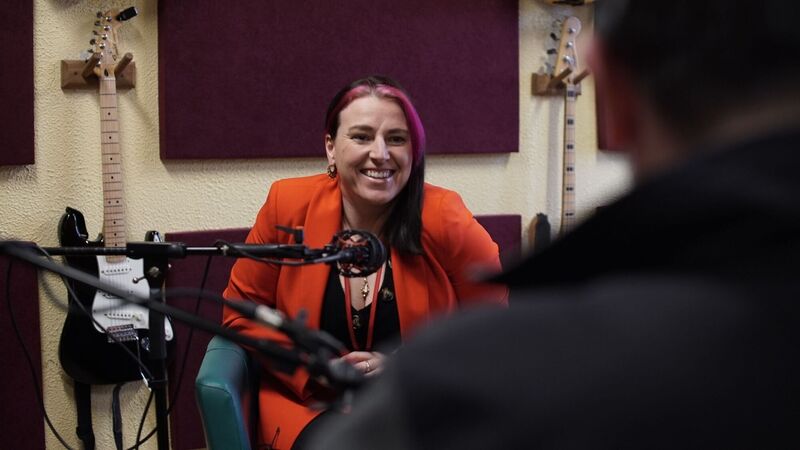Lynn Ruane's new podcast series examines life behind prison walls

Lynn Ruane recording podcast
Throughout her career, Lynn Ruane has worked in many areas of social justice. As well as working in the community and homelessness sectors, she has worked with people with addiction to drugs and alcohol. For the last seven years, she has been a legislator and in that time has seen “how far away from the reality of people’s lives that society can get”.
“Often we wait for people like me, people who have lived with addiction, to succeed at a really high level before we listen to the realities of their life and the path they took,” says the senator. “I wondered why we wait to talk to those few that break through the system, rather than having meaningful conversations with people that are trying to navigate through it now, so that we can get an understanding of what’s involved.”







